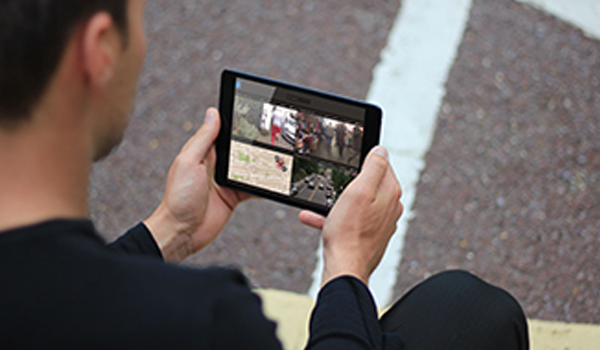Outdated BWV lacks focus on live-streaming
Despite a nationwide rollout of body-worn video (BWV) cameras by police forces, some critics say current technology does absolutely nothing to improve officer safety or enhance situational awareness.
Despite a nationwide rollout of body-worn video (BWV) cameras by police forces, some critics say current technology does absolutely nothing to improve officer safety or enhance situational awareness.
A recent study by Cambridge University showed that BWV cameras can dramatically reduce complaints against officers.
Yet while Dr Barak Ariel, who led the study, claims that no other police measure has resulted in such radical changes, he said there is more to be done to get the most out of BWV cameras.
The majority of BWV cameras on the market today can only record the footage locally, said Zak Doffman, chief executive officer of software development company Digital Barriers, and do not feed live intelligence back to the control room.
He added: The current generation of body-worn cameras are useful for allocating liability and modifying public and staff behaviours. However, they do absolutely nothing to improve officer safety or enhance situational awareness.
That requires the ability to stream the footage in real-time to a nearby colleague or command and control centre. Members of the public can already stream live to the likes of Facebook and Periscope, so why are we equipping law-enforcement with a black box that is already outdated?
Mr Doffman also questioned why with the launch of 999EYE which enables 999 callers to send live video footage of an incident to emergency service control rooms the same capability was not being given to the emergency services themselves
Access to live video is invaluable in enhancing the situational awareness of those taking critical decisions in the control room. Its therefore great news that the public can now securely submit footage in real time, he said.
However, I find it somewhat ironic that this is well beyond the capabilities of the technology that most police forces are currently rolling out to their own employees on the front line.




